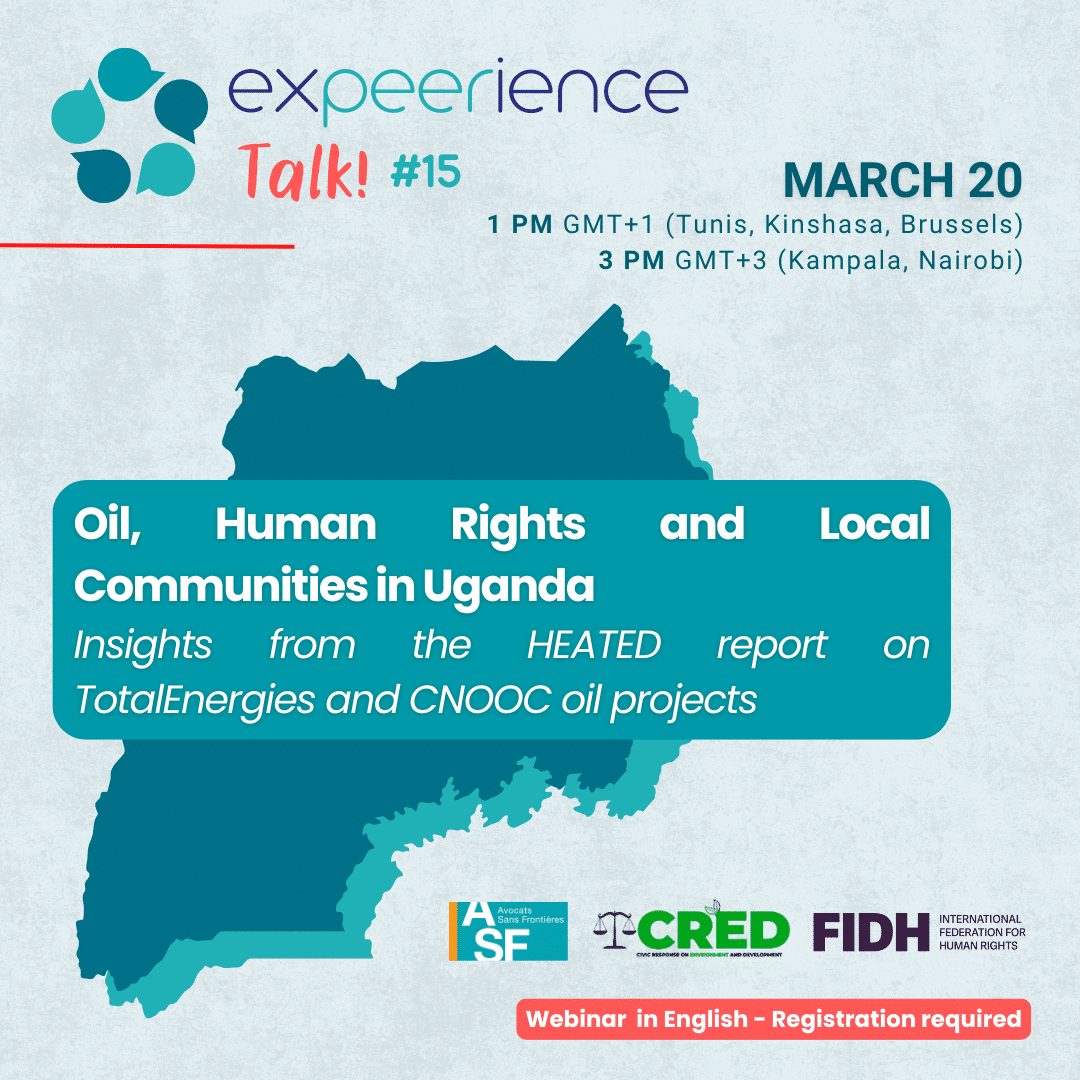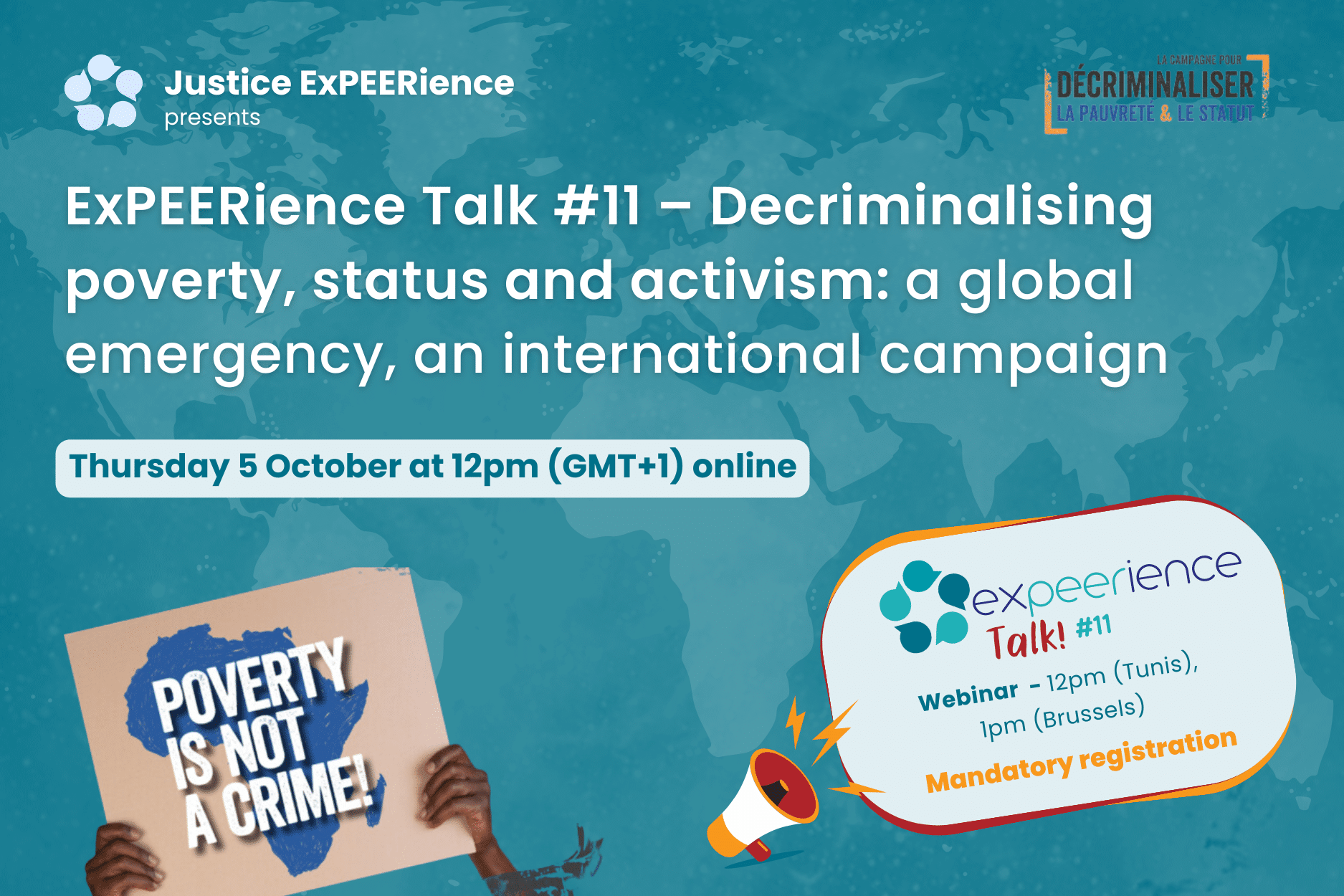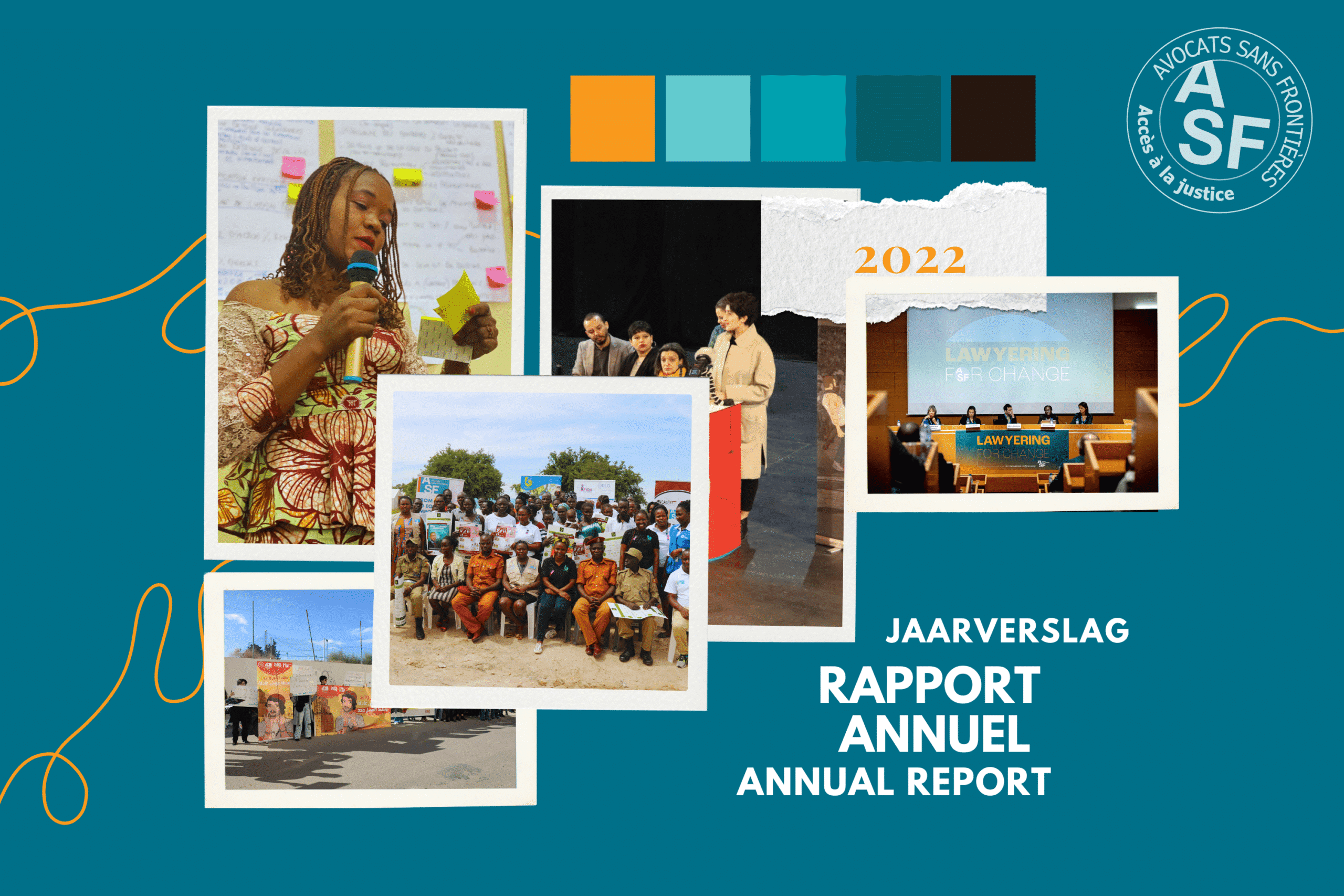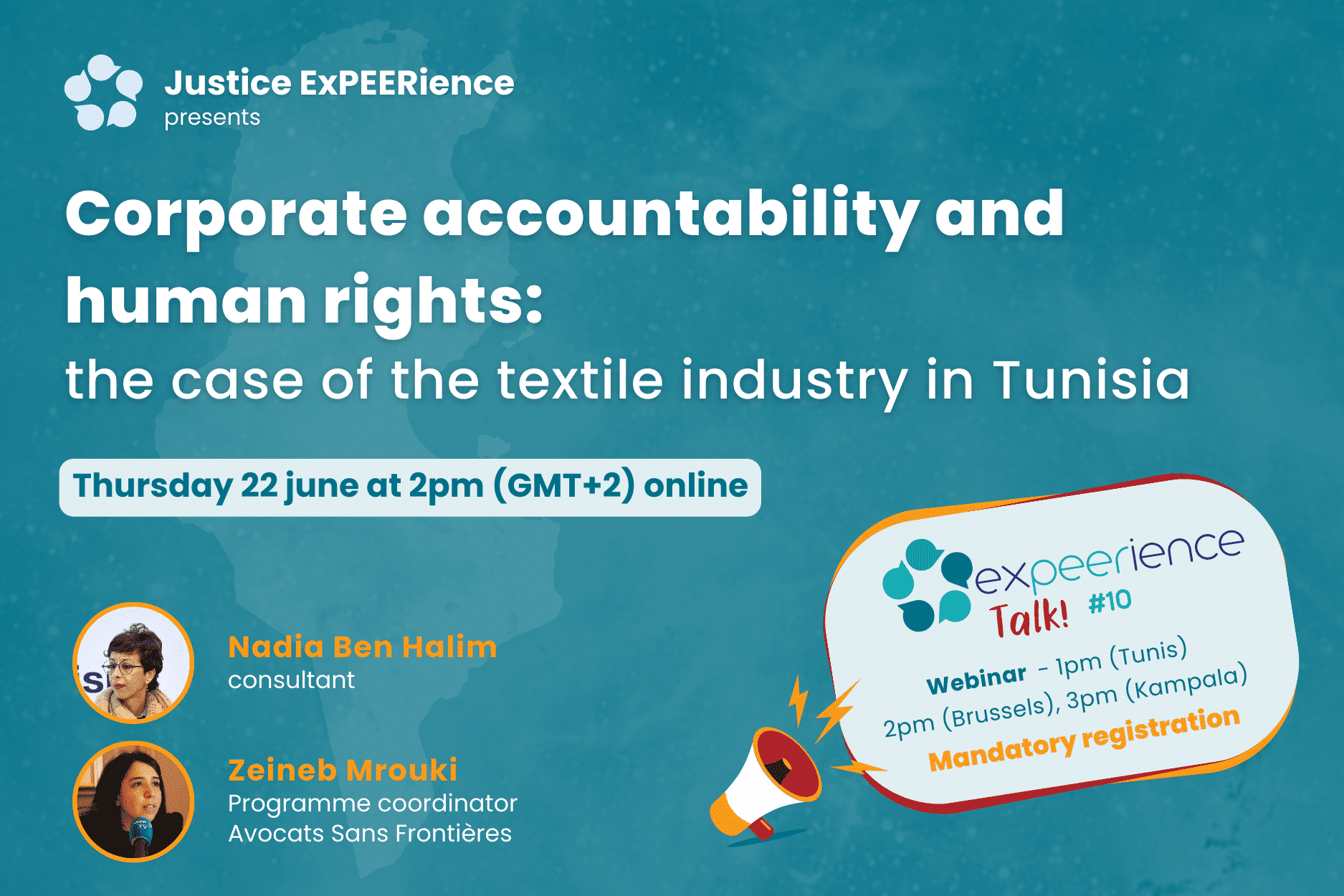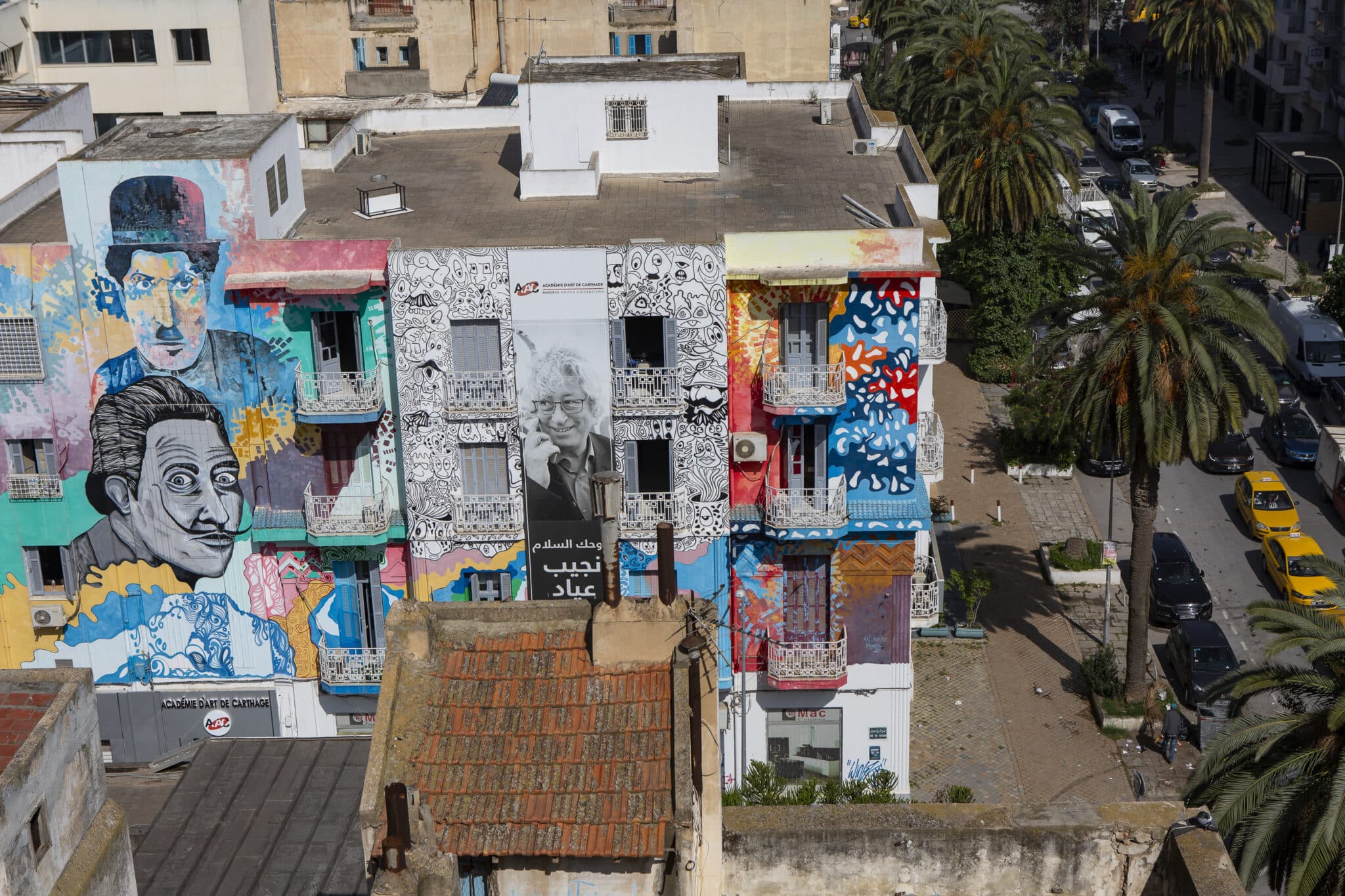Category: Justice ExPEERience
-
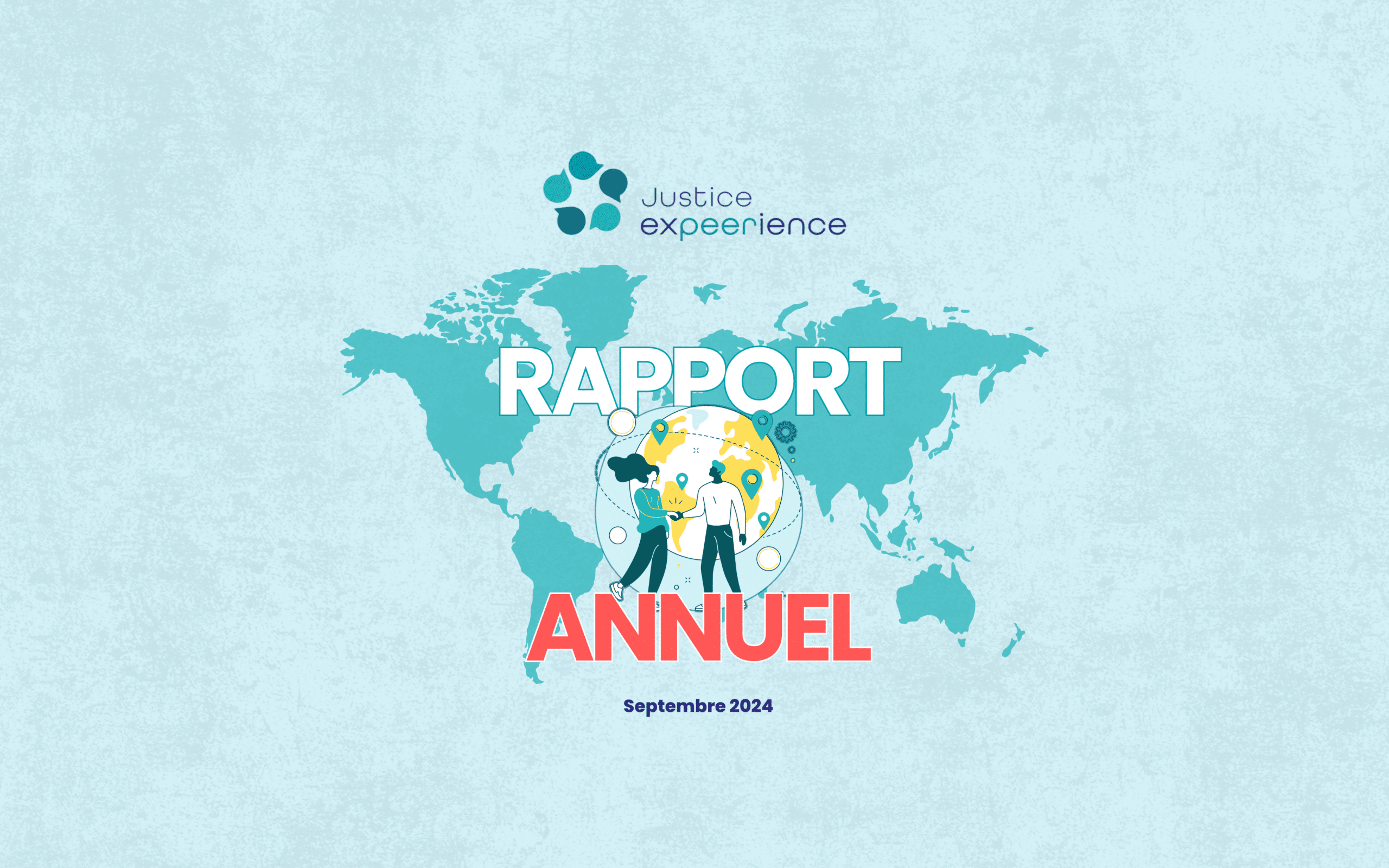
The Justice ExPEERience network keeps growing: evolution and new features
Justice ExPEERience celebrated its 3rd anniversary this summer! To mark the occasion, the network’s coordination team is proud to present the Justice ExPEERience annual report.
-

What’s new with Justice ExPEERience?
Justice ExPEERience was launched in 2021 by Avocats Sans Frontières. Today, the network brings together over 800 members working in the fields of human rights defense, access to justice and the fight for social justice in some 50 countries.
-
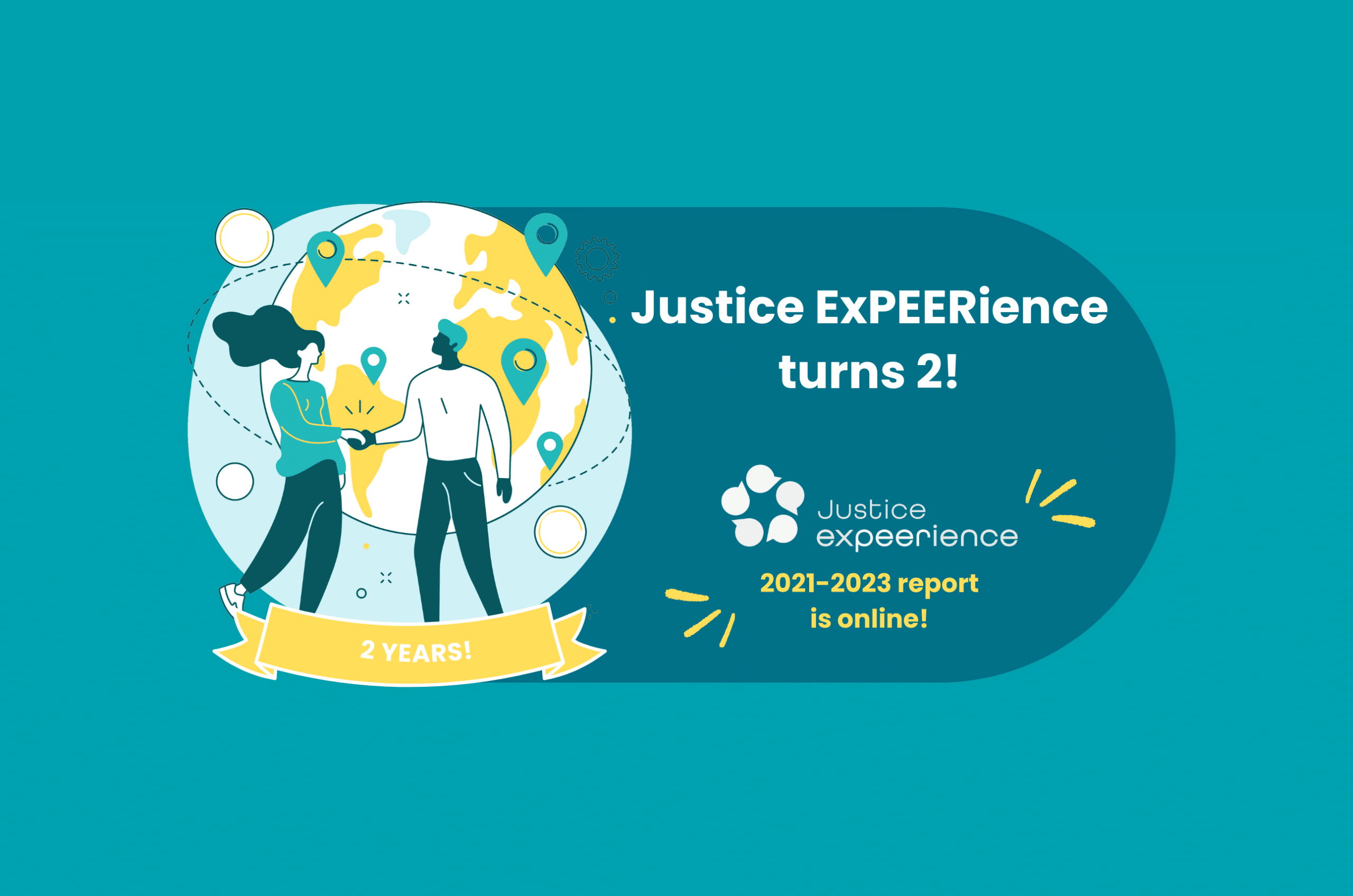
Justice ExPEERience, the human rights network launched by ASF, celebrates its second anniversary
Two years ago, Avocats Sans Frontières launched Justice ExPEERience, a network for the promotion of human rights, as well as an online platform of the same name to support and energise this network. This anniversary is an opportunity for us to look back at the history and mandate of the Justice ExPEERience network and its…
-
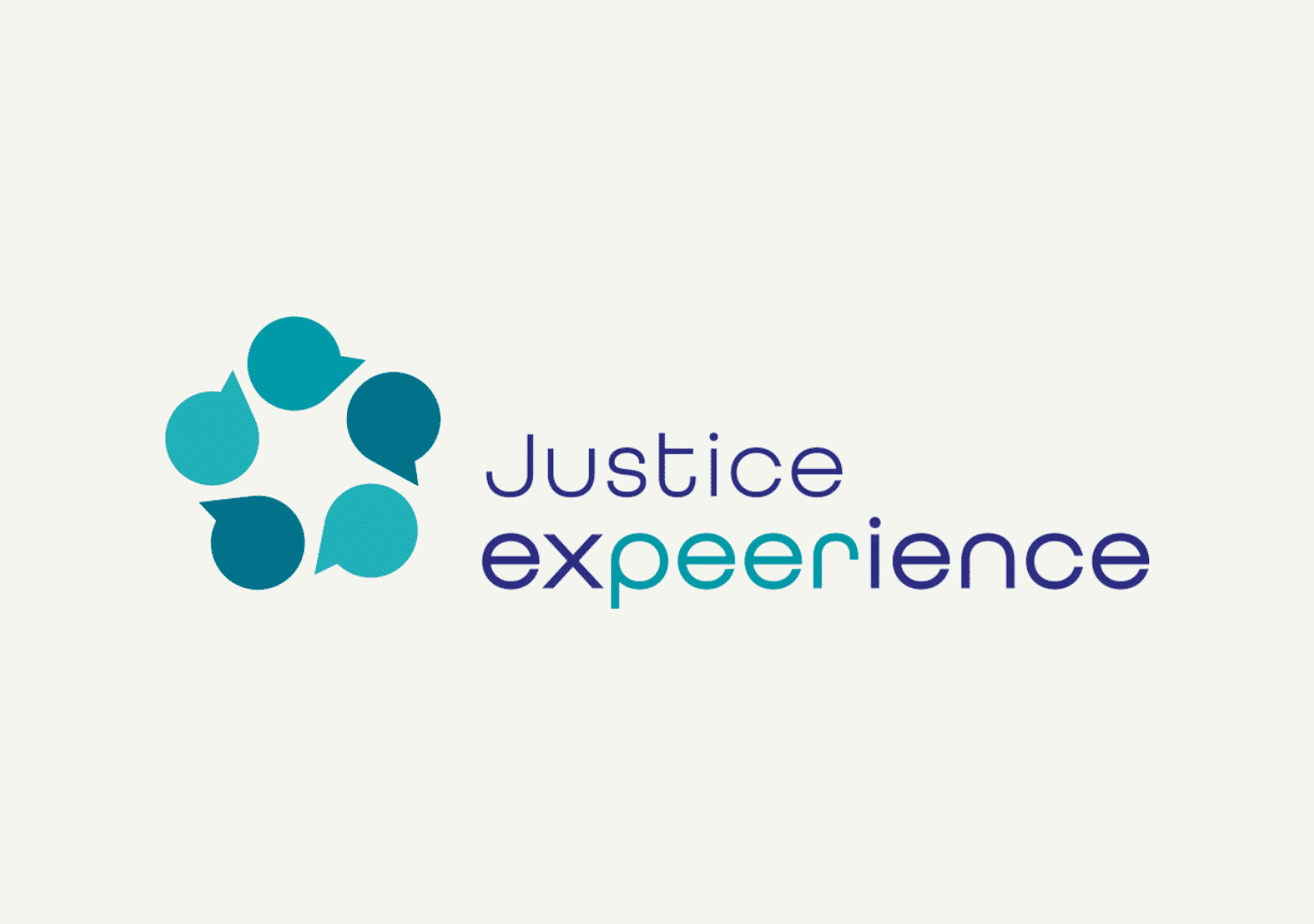
Justice ExPEERience: a network and a platform for the promotion of human rights
Justice ExPEERience is an international network of actors active in the promotion of human rights on all five continents. It is above all a collaborative network, in which members are invited to share their experiences and expertise, but also to work together, in coalitions or communities of practice, on concrete projects for monitoring human rights…
-
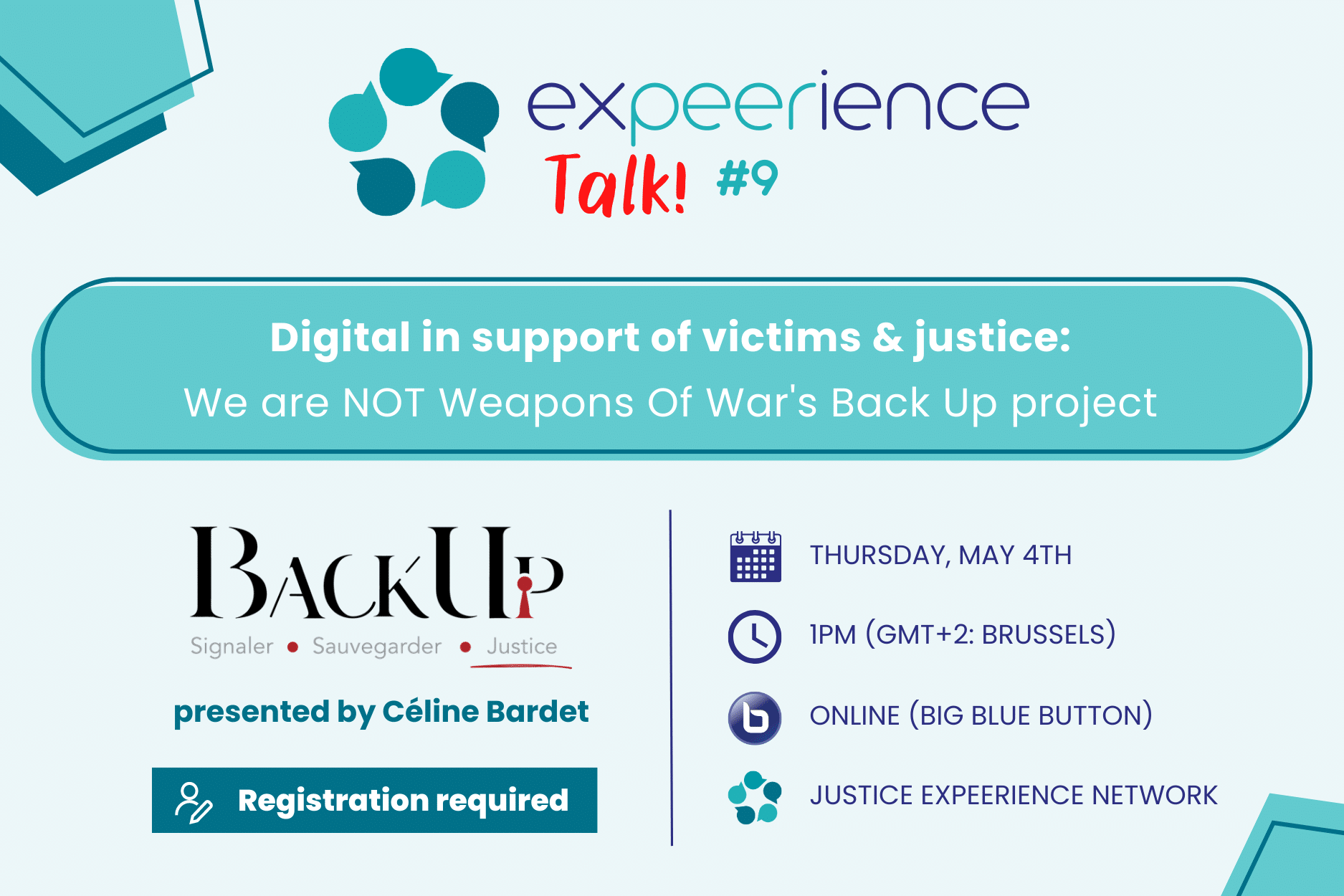
ExPEERience Talk #9 – Using digital to support victims and promote justice: the Back-up project of We are NOT Weapons of War
For this 9th ExPEERience Talk, we are delighted to welcome Céline Bardet, founder of the organisation We are NOT Weapons of War (WWOW) whose mandate is to fight sexual violence in conflicts, in particular against rape as a weapon of war. She will talk about the importance, in the face of these issues, of support…

